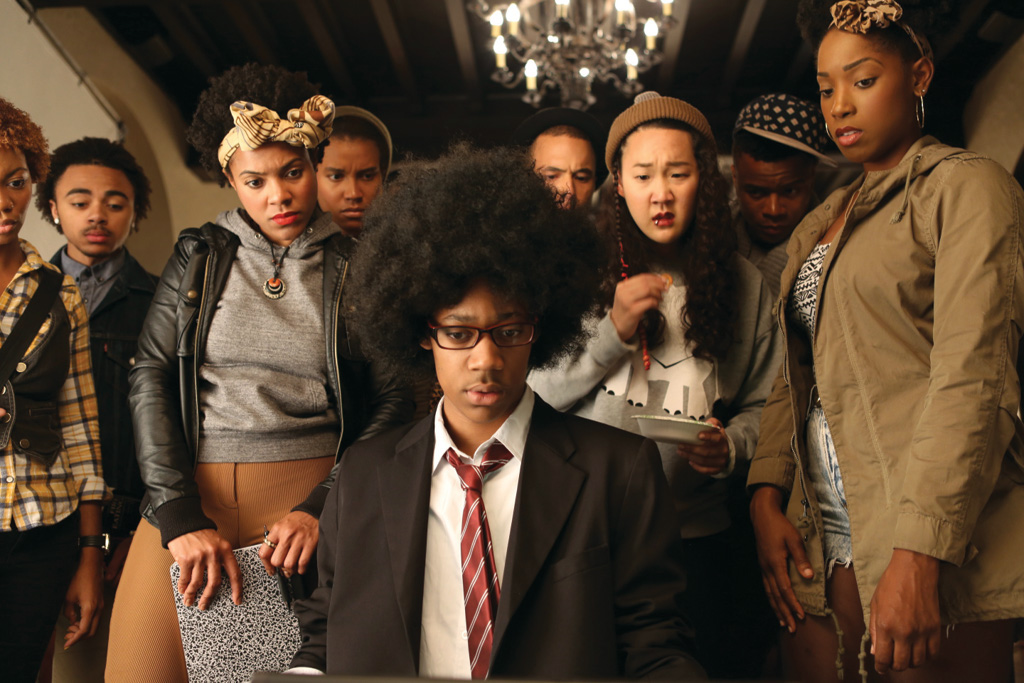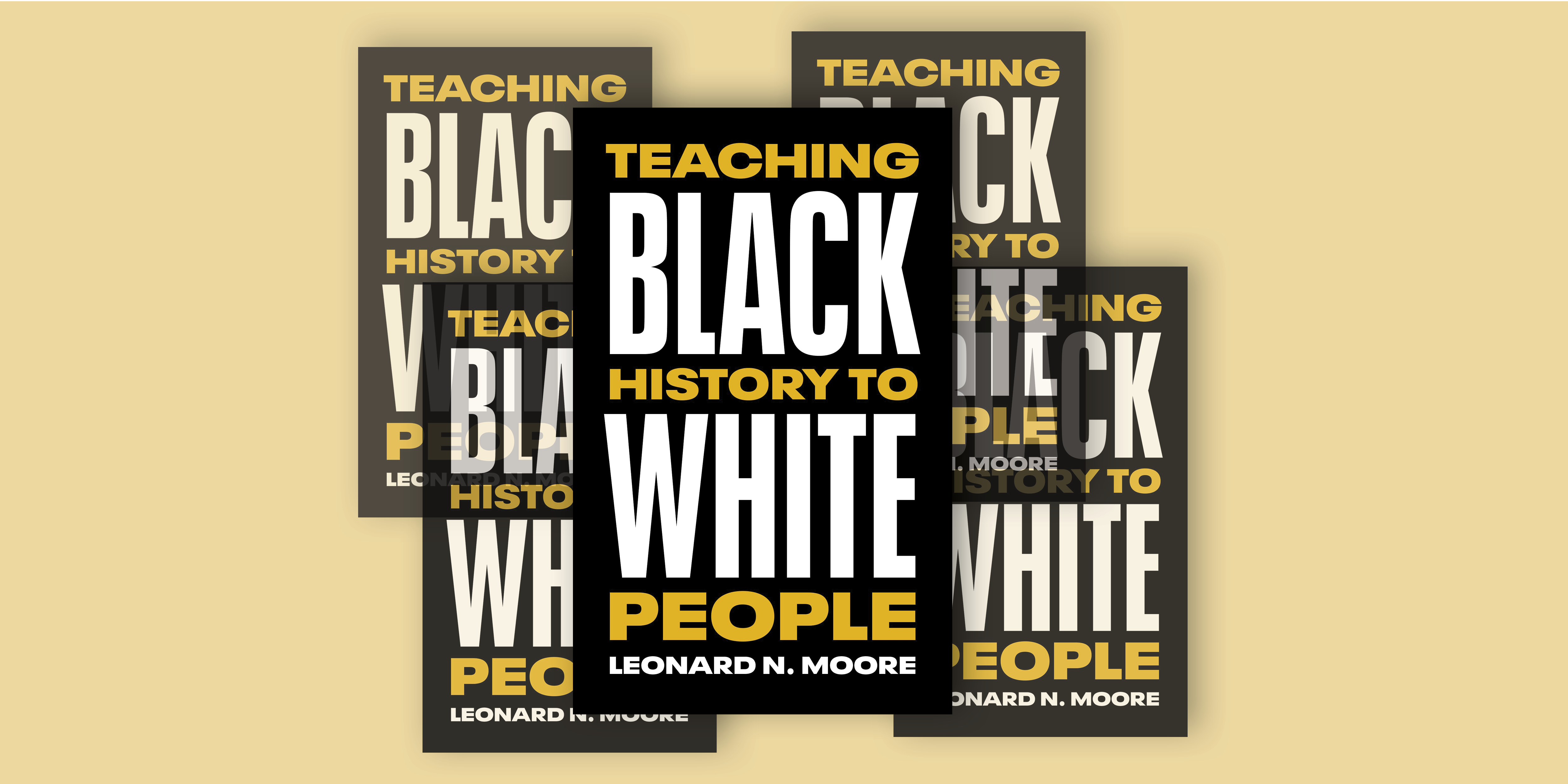
Dear White People Tackles Questions About Race Others Don’t Dare Ask
A version of this story ran in the February 2015 issue.
One hundred and fifty years after Lincoln signed the Emancipation Proclamation, and 50 years after Lyndon Johnson signed the Civil Rights Act, race is still the great specter haunting the American experiment. Abortion, gun rights, universal health care: Add them all together and they can’t begin to trouble the American soul the way race does. It’s a minefield not even the country’s first black president wants to walk through.
Which means that any movie daring enough to go there deserves applause. Take writer-director Justin Simien’s debut feature, Dear White People, a satire about crumbling race relations at an elite university, which started as a trailer on the Internet, earned its initial budget through crowdfunding, and went on to win a special jury prize at last year’s Sundance Film Festival. Recognizing that even 25 years after the release of Spike Lee’s Do the Right Thing, Hollywood’s interest in black stories is still limited to plots that Simien describes as “an inner-city kid with a gun or a movie about slavery”—movies in which the protagonists are either sinners or saints—the Houston native set out to write a movie about black characters who contain contradictions. It’s hard to believe that’s still a revolutionary notion in the 21st century, but here we are.

Dear White People, which was just released on DVD, is a compelling, if uneven, comedy/drama that gets caught somewhere between the two, but is brave enough to ask questions about race, identity and authenticity that no one else wants to ask. The movie doesn’t claim to have all the answers, and even acknowledges that at this point there may not even be answers. Even if nothing is solved by the end of Dear White People, it still feels like something important was said.
Simien’s film follows four African-American protagonists at fictional Winchester University, a predominantly white Ivy League school where it seems that every word and action is racially charged. Sam White is a radical filmmaker and host of a polarizing radio show called “Dear White People,” where she doles out scathing advice to Winchester’s white students, who have no idea where appreciation of black culture ends and appropriation begins. Sam is running for the presidency of her all-black dormitory against Troy Fairbanks, who, as the clean-cut son of the dean of students, is expected to follow a straight and narrow path to success, but who would secretly rather smoke pot and write articles for the campus humor magazine, Pastiche. Fairbanks is joined in his conflicted attraction to rebellion and Pastiche (which is run by a group of privileged white men whose only comedic gift seems to be mistaking racial insensitivity for wit) by Coco Conners, a young woman from an underprivileged neighborhood looking to redefine herself as a post-racial reality TV star. Fame, for her, is the most liberating kind of identity. Writing about all of them is Lionel Higgins, a loner who thinks he’s found his place as a reporter for the school newspaper, but instead becomes the center of a confrontation that threatens to tear apart the campus. Shunning the “saints and sinners” dichotomy, the four leads of Dear White People are a constantly shifting panoply of personalities, allegiances and identities. They are what a literary critic might call fully formed human beings.
That might be Simien’s point: that for black Americans, white culture, in all its blindness, can seem monolithic to the point of indistinction.
That might be Simien’s point: that for black Americans, white culture, in all its blindness, can seem monolithic to the point of indistinction. But making your “other” straw men designed only to prove a point is the best way to turn satire into farce. And Simien’s potential as a filmmaker and social critic is far too great to settle for that.


